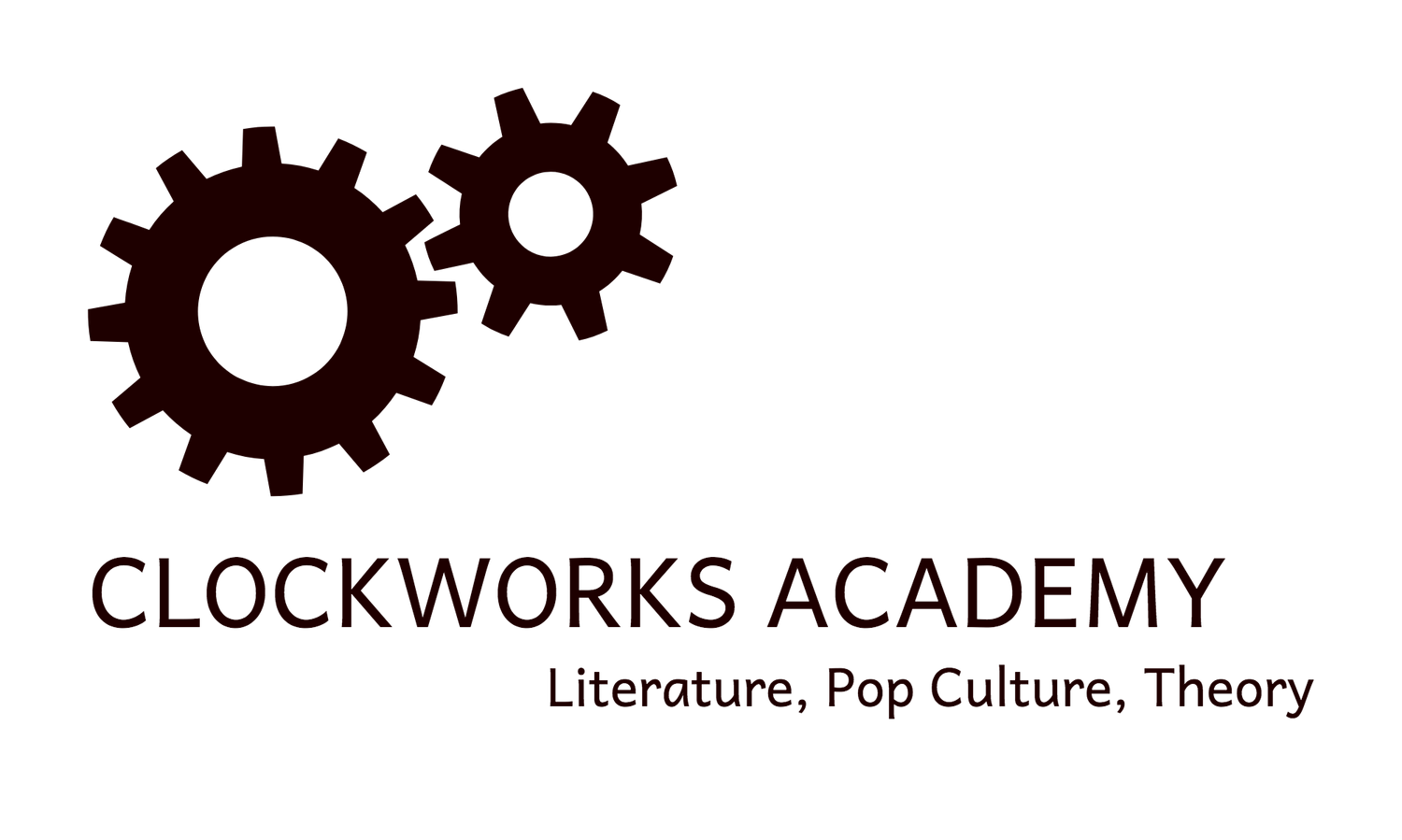Wolfwalkers and Medieval Werewolves
When I can carve out some time for it I would love to write something more substantial about Wolfwalkers. But for now here are some scattered thoughts about Wolfwalkers and Medieval Werewolves.
Mebh and Robyn, in Wolfwalkers
I saw Wolfwalkers in theatres a few months ago, (because theatres here are still open!) and it is every bit as beautiful and visually arresting as you would expect from Cartoon Saloon, the studio that made The Secret of Kells, Song of the Sea, and The Breadwinner.
Their latest film, Wolfwalkers, is about an English girl, Robyn, whose father has been tasked by the Lord Protector Oliver Cromwell to rid the wilderness outside the Irish town of Kilkenny of wolves. Robyn is eager to help her father, but ends up entwined with that wolf pack through friendship with the mysterious Mebh.
Robyn encounters Mebh in her wolf form.
Mebh is a wolfwalker, whose spirit becomes a wolf while she sleeps.
I would like to watch this movie several more times to unpack what it's saying about werewolves, civilization and wildness, Englishness and Irishness, nature, Christianity, violence, identity. There is some INTERESTING stuff going on.
One of the things werewolf stories are inevitably about is the mutability of identity. Different stories answer the question differently, but werewolf stories always ask whether identity is fixed, or ever-fluid, or binary, whether it's defined by what you do, or how you look, or who you are on the inside.
Modern werewolf stories tend to emphasize the tragedy of horror of a divided self, but medieval werewolf stories are much more likely to suggest a continuity of character between the wolf and the human. In that sense Wolfwalkers feels sometimes like a werewolf story with fascinatingly medieval sensibilities, because the girl’s transformation into a wolf is more like a chance to explore her true character than it is a curse that dramatizes passions gone out of control.
Join Our Medieval Werewolves Course to Dive Deeper
If the captivating themes of medieval werewolves intrigues you, we invite you to enrol in our eight-week Medieval Werewolves course. This immersive experience will provide you with a more profound understanding of the intriguing themes surrounding shapeshifters of the Middle Ages.
What You'll Gain from Our Course:
Enhanced Critical Thinking Skills
Deeper Literary Appreciation
Insights into the Themes of Flexible and Changing Identities
Academic and Intellectual Enrichment
Course Details:
Duration: Eight Weeks
Comprehensive Study of A Selection of Medieval Werewolf Stories
Engaging Discussions and Assignments
Access to Expert Instructors
Don't miss this opportunity to unravel the mysteries of medieval werewolf stories. Register now and embark on a transformative literary journey.
And if you’re into werewolves, take a quiz:





In the Old English epic Beowulf, the title character fights three monsters: Grendel, Grendel’s mother, and a dragon. Together, we will explore the symbolic meaning of each of these monsters, show what they each have to do with each other, and in the process grapple with the oldest epic in the English language.